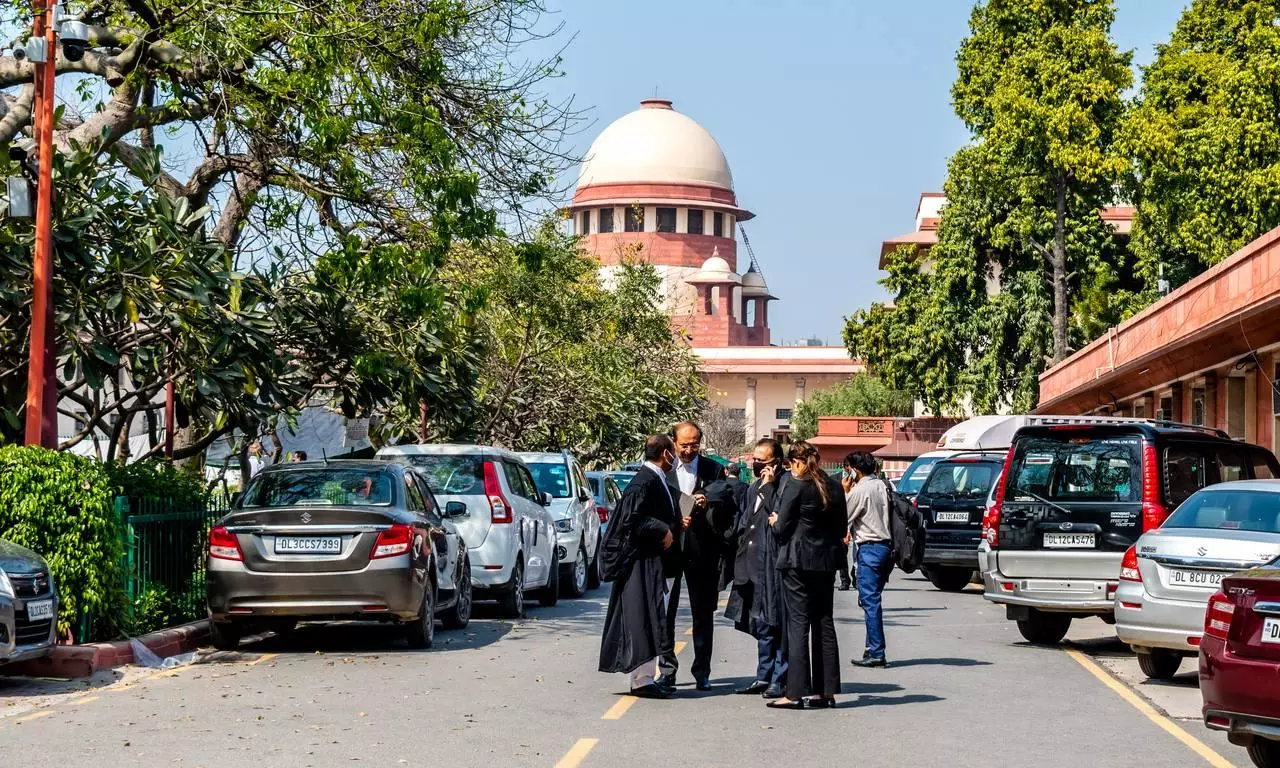
SC chides Rahul over Galwan remarks: ‘If you were a true Indian, you wouldn’t say this’
The Supreme Court expressed disapproval of Rahul's statements, asking why he makes such claims without credible material or proof and stayed the proceedings

The Supreme Court on Monday (August 4) stayed the proceedings of a criminal defamation case against Leader of the Opposition in the Lok Sabha Rahul Gandhi, regarding his remarks on the Indian Army in relation to the Galwan Valley clash with China in 2020.
SC disapproves of Rahul’s remarks
Despite granting relief to Rahul, the bench comprising Justice Dipankar Datta and Justice AG Masih expressed their disapproval of his remark in an oral observation.
Justice Dutta asked why, instead of making the remarks in Parliament, Rahul Gandhi said them in a social media post.
"Whatever you have to say, why don't you say it in the Parliament? Why do you have to say this in the social media posts?" Justice Datta asked as quoted by Live Law.
Also Read: Rahul Gandhi alleges Lok Sabha election was rigged, stolen
‘Do you have credible material’
The judge also asked how Rahul Gandhi came to the conclusion that 2000 square kilometres of Indian Territory were occupied by the Chinese adding does he have any credible material substantiate his claims.
“Tell Dr.Singhvi, how do you get to know that 2000 square kilometres of Indian Territory were occupied by the Chinese? Were you there? Do you have any credible material? Why do you make these statements without any...If you were a true Indian, you would not say all this,” added Justice Dutta.
Representing Rahul Gandhi, Senior Advocate Abhishek Manu Singhvi said that it was also possible that a “true Indian” would say 20 Indian soldiers were beaten up and killed, and it was a matter of concern.
Also Read: EC: Rahul Gandhi’s wild allegations of vote theft ‘deplorable’
Stay granted for three weeks
Justice Dutta responded with a counter question, asking when there was a conflict at the border, was it unusual to have casualties on both sides. To this, Singhvi responded that Rahul Gandhi was only seeking proper disclosure of facts and expressing concern over the suppression of information. However, Justice Dutta stated that there was a proper forum for raising the questions.
Singhvi then admitted that the petitioner could have worded the comments in a better way, but claimed that the complaint was only an attempt to harass the petitioner for raising questions, which is the duty of the opposition leader. The bench finally issued notice on Rahul Gandhi’s special leave petition and granted an interim stay for three weeks.

